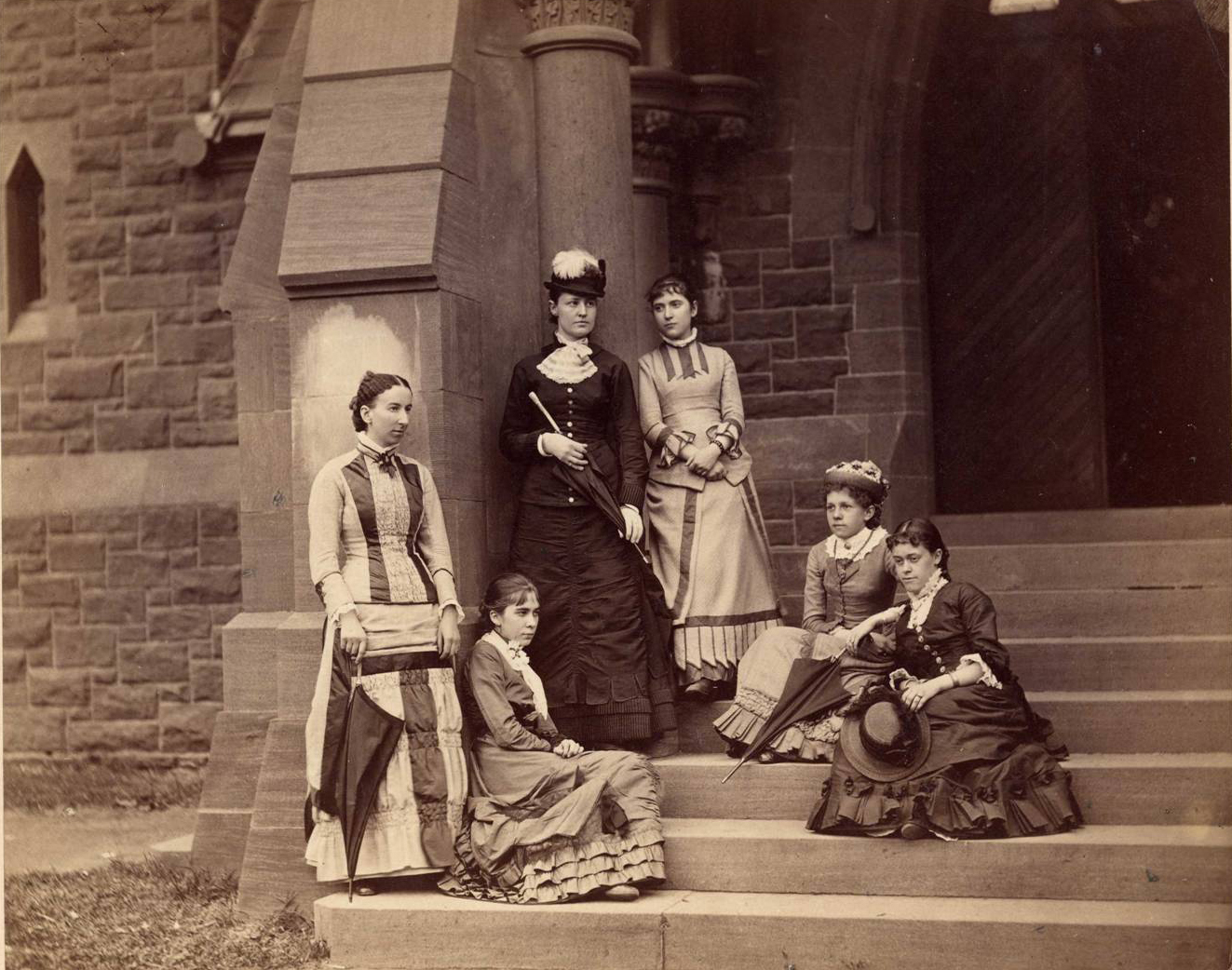
Since February of 2019, I have had the pleasure of working as an intern with Wesleyan’s Special Collections & Archives. What started as a 60-hour practicum for my Masters of Library Science coursework became a six-month journey in learning about and working in archives. During this time, I gained valuable experience with the general operations of a university archives and special collections, and processed a number of different collections, small and large. Here are my top takeaways from this wonderful and formative experience:
No two collections are alike
One of the most intriguing aspects of archives is the breadth of information and records one can work with. While certain collections may relate to one another, each record within a collection is unique. This is particularly helpful when researching and creating stories with archives. With such a wide range of individual documents and records, one can gain different perspectives from different people and institutions on the same event or subject.
Archives in the classroom
Archives can be valuable tools for research and learning at all levels of education. Just in the duration of my internship, SC&A hosted visits from high school, undergraduate, and graduate students studying a variety of subjects– from history to astronomy to ethnomusicology. Since SC&A is home to so many different types of records, there is material for virtually any subject and purpose. The unique primary sources that make up collections offer a new way of learning and research for students that they perhaps could not access through the average text book.
Organize in the present to help your future self
In small and large repositories alike, it is incredibly important to maintain an effective and consistent level of organization for collections and related materials. This helps archivist and repository employees, as well as researchers visiting to use the materials. It is also important to have clearly defined organizational processes and goals, so as staff turnover and institutional change occurs, and archives can continue on its organizational path without anything falling through the cracks. These are where relatively new digital organizational tools, such as ArchivesSpace, come in handy to more easily organize collections and provide digital access to collections to folks not able to visit in person.
Archivists wear many hats
My biggest takeaway from this internship experience has definitely been the realization that archivists do so much more than just process archival materials. While processing is of course an important aspect of the job, archivists have a number of responsibilities outside of the stacks. They work with other colleagues and librarians on exhibits and projects, liaise with potential donors and patrons, perform the always-necessary administrative duties of working in an office, and supervise and mentor interns like myself. What’s more, they do all of this while keeping in mind the long-term collection and organizational strategy for the archives and work towards those larger-scale goals while still taking care of day-to-day responsibilities.
Written by Riley Cameron, MSLIS Candidate


